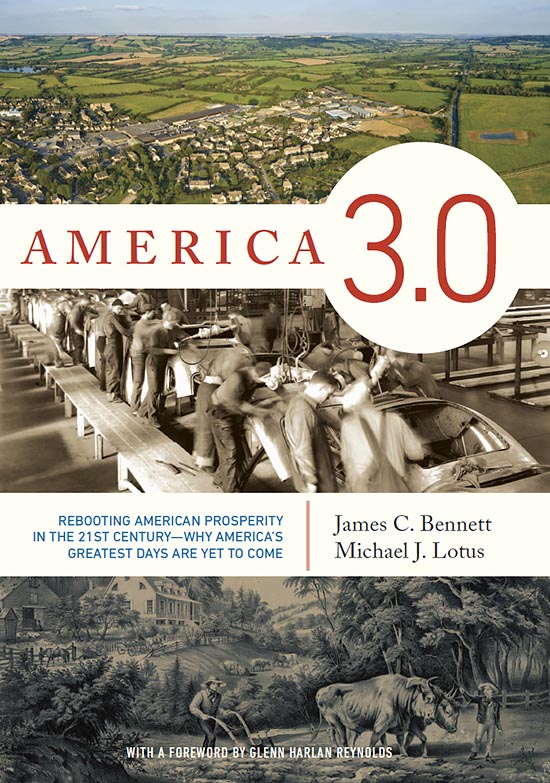In America 3.0 we discuss the origins of the common law, and how it was well-suited to adapt inductively to changing conditions, in contrast to the more top-down Roman law that predominated on the Continent.
This recent post on the John Wilkes Club blog, makes this point nicely:
There is no eschatology in the common law: its purpose is to reflect changes in the cultural, social and economic structure, not to direct them towards an objective preconceived in the minds of cultured and erudite elites for our betterment. Likewise there is no eschatology in free markets: they are a tool for the allocation of goods and services according to ever-changing consumer preferences, not for directing them towards some imaginary ‘ideal’ allocation. Not only is there no ethical basis for the social and economic coercion which rational, artificial, imposed order inevitably involves; but also, because even a benevolent genius is trapped in the prison of imperfect information described by Hayek and others, it does not work.
The post cites to The New World of the Gothic Fox: Culture and Economy in English and Spanish America by Claudio Veliz, a great favorite of ours, and concludes in Hayekian fashion: “… the ability to manage the modern welfare state is not just beyond any particular person, but beyond anybody … .”
Quite so. And that why is it is failing. And that is why the next iteration of America will be flatter, more networked, less coercive and better, cheaper and faster at everything that matters. But we have to get all this detritus out of the way, first … .

